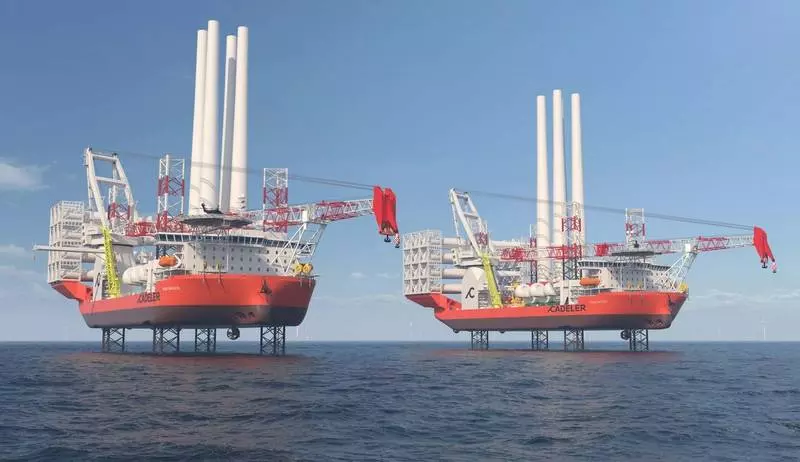Category: Maritime industry
-
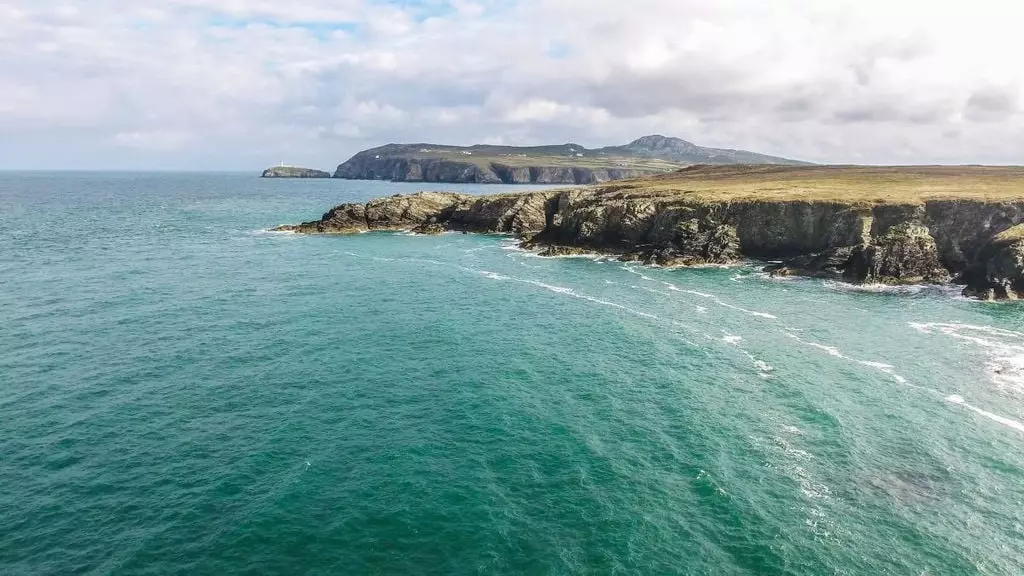
Harnessing the Tides: Morlais Project Leads Wales’ Green Revolution
The Morlais Tidal Energy Project: A Beacon of Sustainable Innovation The Morlais tidal energy project, backed by a £8 million investment from the Welsh Government, stands as the largest tidal scheme in Europe. This project, developed by Menter Môn, aims to revolutionize tidal energy production and grid connections off the coast of Anglesey. With operations…
-
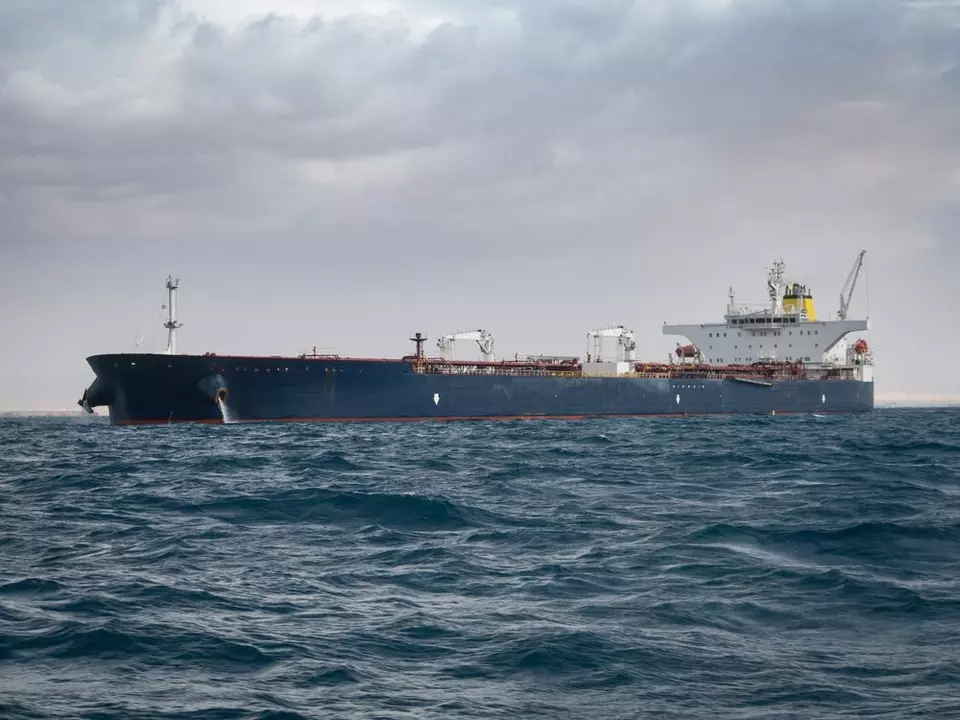
Navigating the Storm: U.S. Policy, Iran, and the Geopolitics of Oil
The Geopolitical Implications of U.S. Policy Toward Iran Recent geopolitical developments have seen U.S. President Donald Trump reinstate his “maximum pressure” campaign against Iran. This initiative aims to halt Tehran’s nuclear ambitions and reduce its oil exports to zero. This article explores the historical context of U.S. policy toward Iran, highlighting Trump’s criticism of former…
-
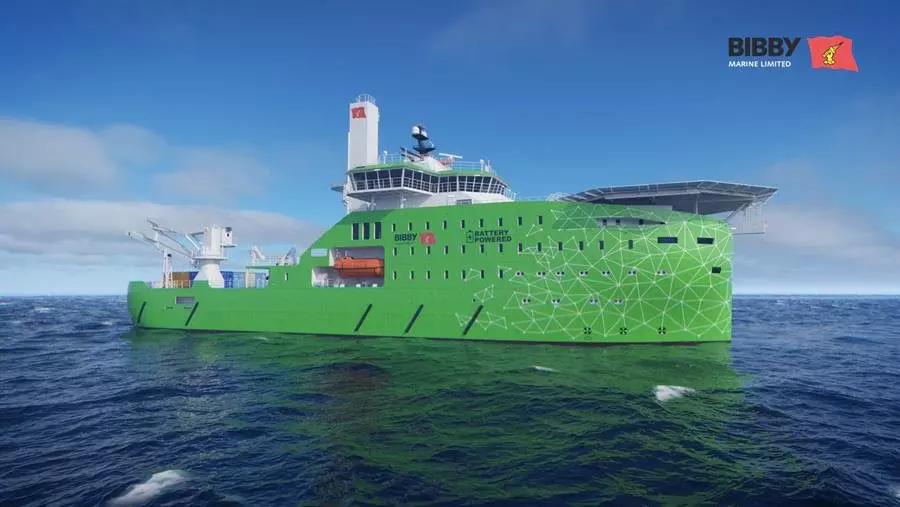
Revolutionizing Maritime Decarbonization: Bibby Marine’s Pioneering Electric Commissioning Service Operation Vessel (eCSOV)
Bibby Marine’s eCSOV: Pioneering Maritime Decarbonization Introduction to Bibby Marine’s eCSOV Bibby Marine’s eCSOV (Electric Commissioning Service Operation Vessel) marks a significant stride in maritime decarbonization. This pioneering vessel, equipped with a battery system and dual-fuel methanol engines, is set to be the world’s first fully electric Commissioning Service Operation Vessel. The eCSOV is part…
-
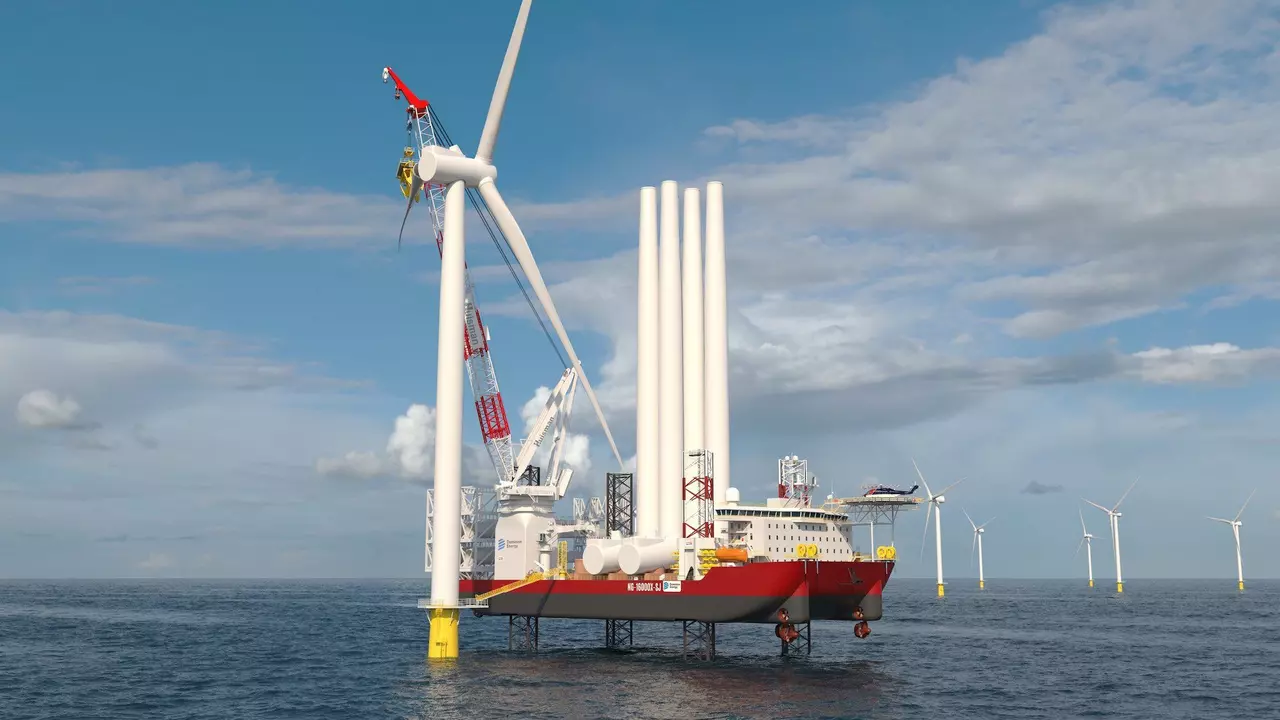
Harnessing the Wind: The Rise of the U.S. Offshore Wind Industry
The U.S. Offshore Wind Industry: Achievements, Challenges, and Future Prospects Introduction to the U.S. Offshore Wind Industry The U.S. offshore wind industry is at the forefront of a global transition towards renewable energy, marking a pivotal moment in the nation’s energy landscape. This chapter delves into the foundational aspects of the industry, setting the stage…
-
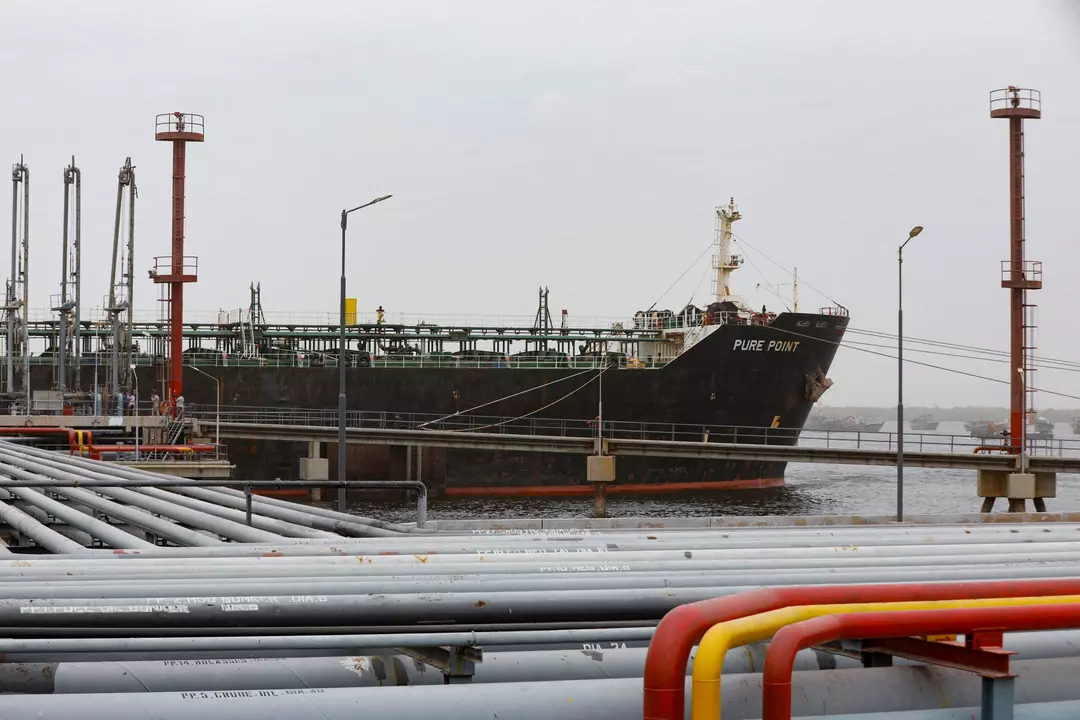
Navigating Sanctions: The Global Oil Trade’s Adaptation to U.S. Restrictions on Russian Exports
The Impact of U.S. Sanctions on Global Oil Trade Introduction to US Sanctions and Oil Trade Recent geopolitical developments have significantly impacted the global oil trade, with U.S. sanctions targeting Russia’s oil exports playing a pivotal role. This article explores how these sanctions have disrupted supply chains, particularly at the Pacific port of Kozmino, and…
-

The US-China Trade War: Economic and Geopolitical Repercussions
The US-China Trade Conflict: Economic and Geopolitical Implications Introduction to US-China Trade Tensions The relationship between the United States and China, once marked by economic interdependence and strategic cooperation, has evolved into a complex web of tensions driven by economic, political, and geopolitical factors. The historical context of US-China trade relations reveals a trajectory of…
-
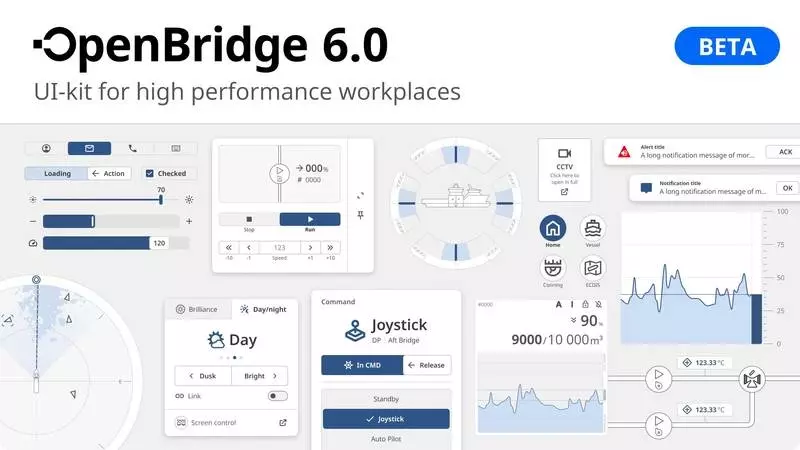
Revolutionizing Maritime Bridge Design: The OpenBridge 6.0 Framework
The OpenBridge 6.0 Design Framework: Revolutionizing Maritime Bridge Design Introduction The OpenBridge 6.0 Design Framework, recently announced by Professor Kjetil Nordby of the Oslo School of Architecture and Design, marks a significant advancement in maritime bridge design and safety-critical applications. This open-source framework aims to deliver consistent, modern, and regulation-compliant user experiences, addressing the fragmented…
-
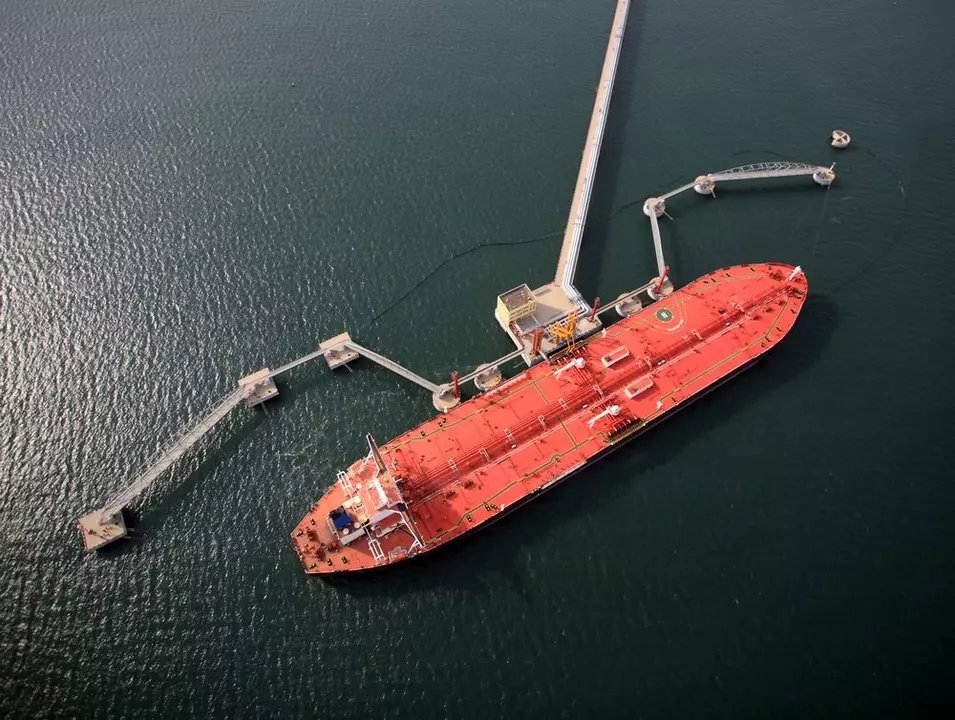
Harnessing the Power of the Tides: The Morlais Tidal Energy Project and Its Impact on Wales’ Green Future
The Morlais Tidal Energy Project: A Beacon of Renewable Energy Innovation Introduction to Morlais Tidal Energy Project The Morlais Tidal Energy Project, situated off the west coast of Holy Island, Anglesey, Wales, is a pioneering endeavor in tidal energy. Developed by the social enterprise agency Menter Môn, this grid-connected tidal stream energy project aims to…


